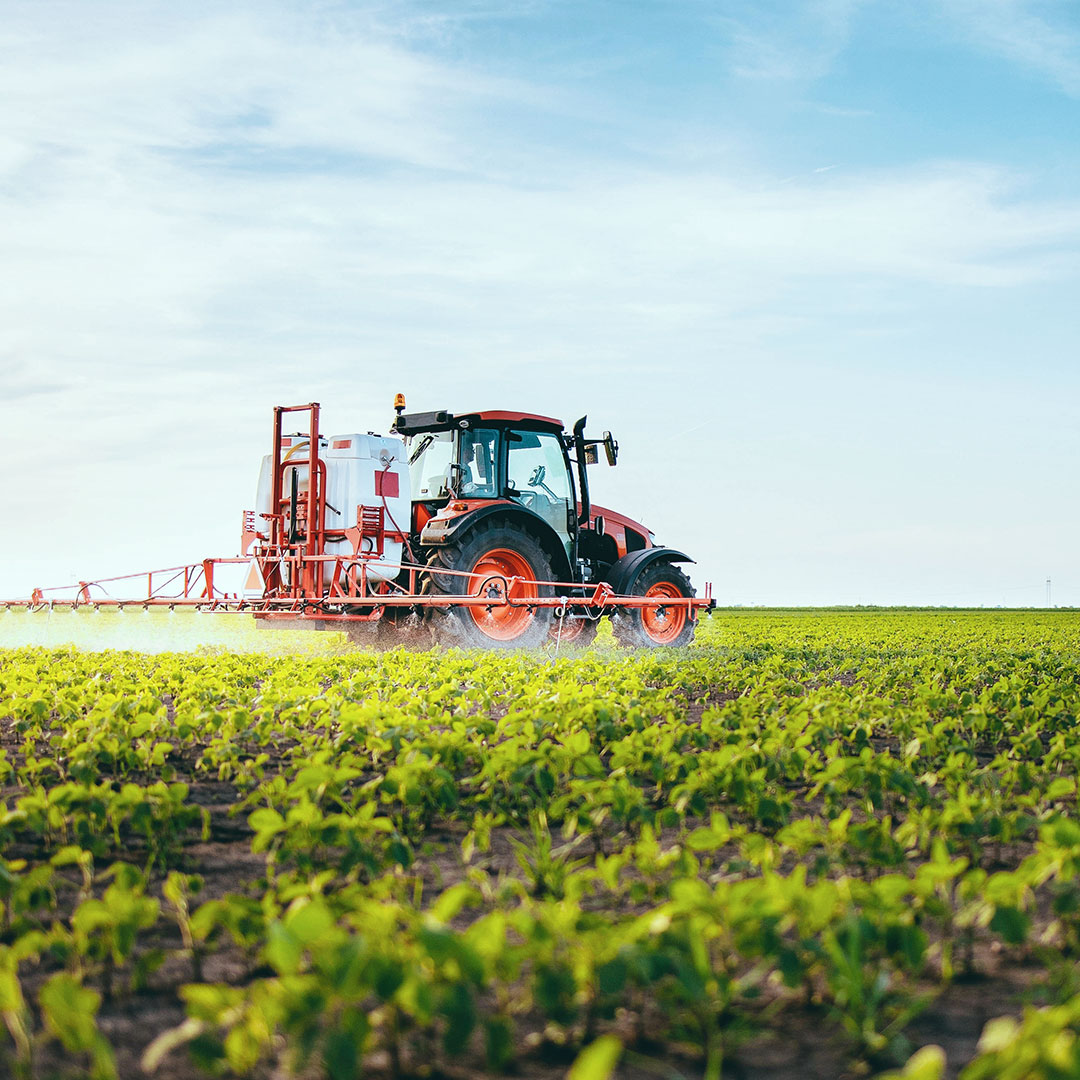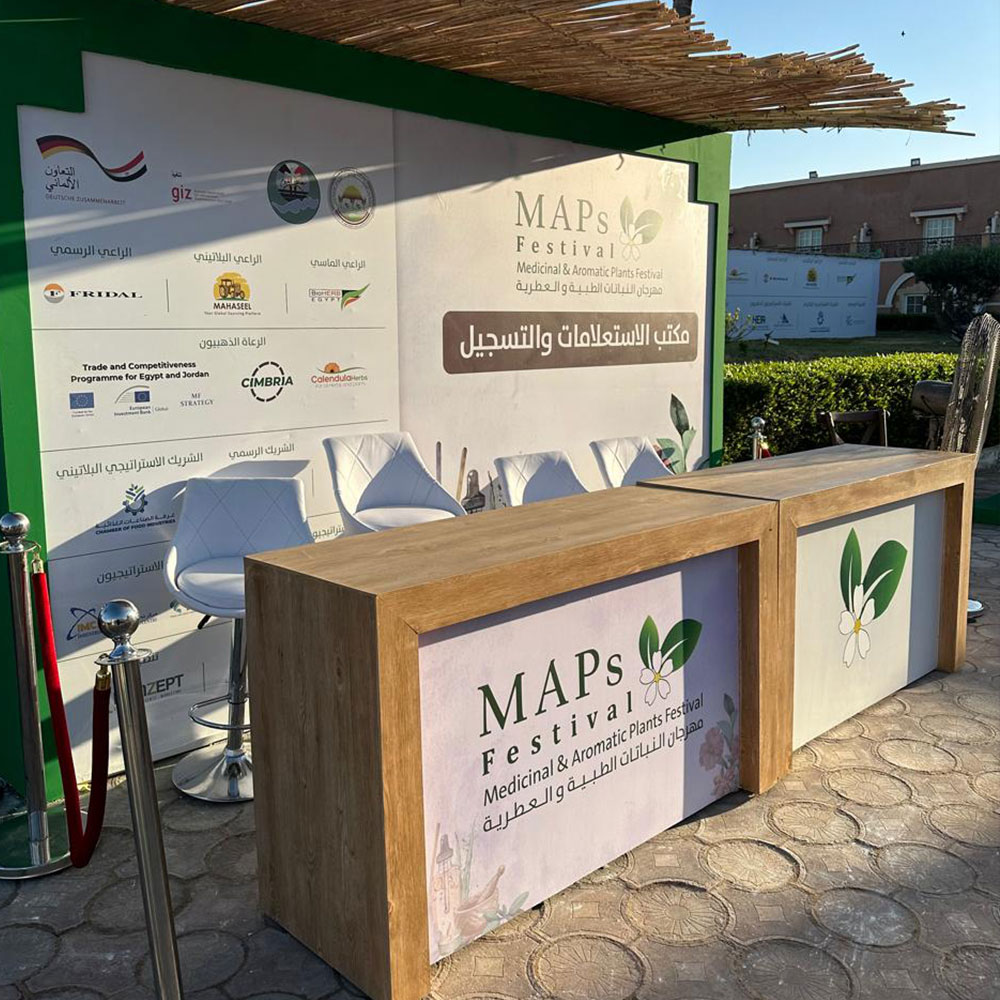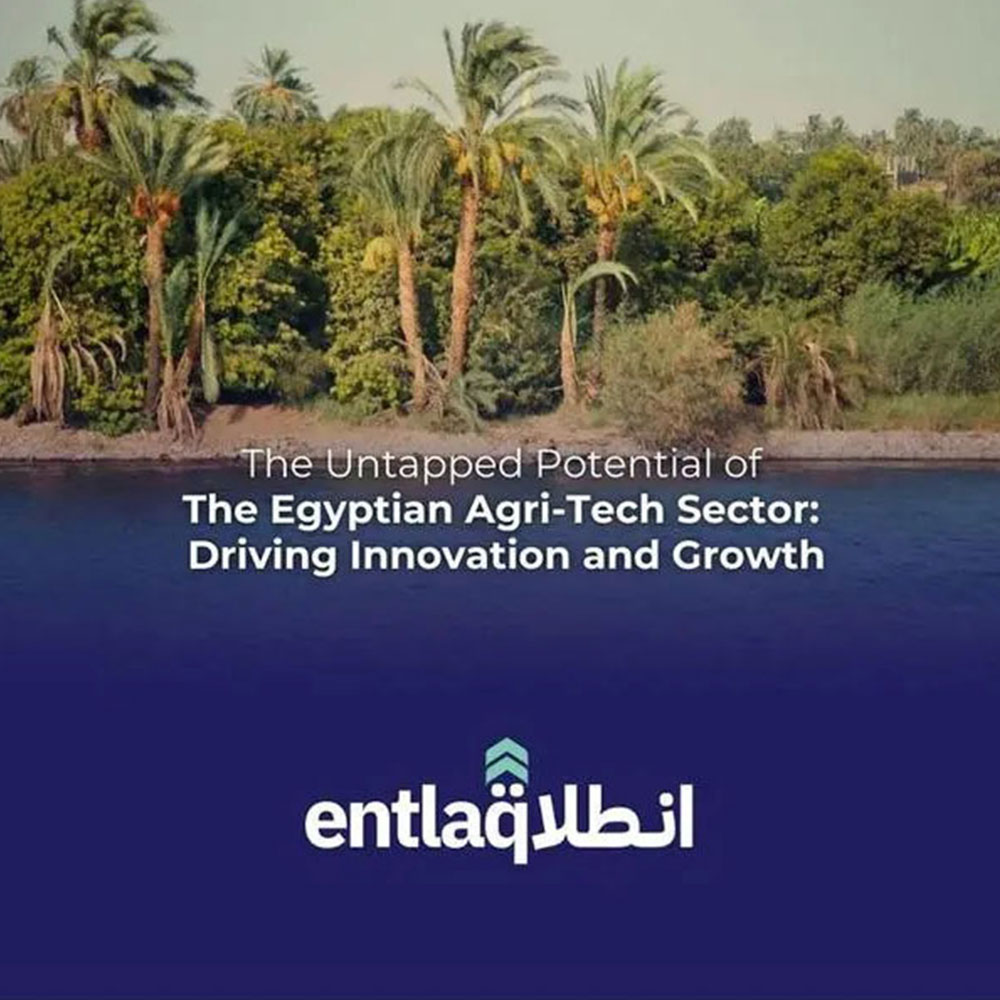by admin
Share
Share

Dr. Mohamed Abdel Rahman, Chairman of the Board of Directors of “Crops of Egypt,” to “Al-Alam Al-Youm”:
$3 million in expansion investments for the company in 2024, with branches opening in Saudi Arabia, Morocco, and China.
“We have 75,000 farms registered on our digital platform for trading and exporting crops, and we aim to reach one million farms within three years. Traditional buying and selling will end within a few years, shifting to digital, requiring significant efforts in the agricultural sector.”
“80% of Farmers Are Smallholders Without Marketing Capabilities, Leaving Them Under the Control of ‘Brokers’…”
These words summarize the role of a company that has recently entered the Egyptian market with an advanced digital system in a sector that has long operated without digitalization or technology—agricultural crops. Dr. Mohamed Abdel Rahman, Chairman of the Board of Directors of “Crops of Egypt” and an IT expert, spoke in an interview with “Al-Alam Al-Youm,” explaining that the idea of creating a digital platform for trading and exporting agricultural crops came to him after he observed brokers earning exorbitant profits, exceeding 30%, by helping farmers market their products by connecting them with buyers. This realization came when he wanted to market produce from his own farms.
He added that he established the digital platform for trading and exporting agricultural crops at the end of 2018 and the beginning of 2019, initially aiming to introduce as many farmers as possible to the services available on the platform. By coincidence, they participated in a competition in Dubai, UAE, for the best Arab digital system supporting Arab trade, and the “Crops” company was selected as the best platform for 2020 and 2021. In 2022, they collaborated to launch the Arab Food Market, which was included in an initiative affiliated with the Arab League.
Abdel Rahman revealed that the company’s investments are estimated at around $28 million, with branches in Dubai, India, Poland, and Abu Dhabi, and they are currently opening branches in Saudi Arabia, Morocco, and China to market within these markets. He also disclosed a plan for expansions with investments of $3 million, which will involve hiring 150 engineers in 2024 and opening branches in new markets.
The platform offers many services to farmers, starting with marketing services, development, and technical export support. Farmers are educated about export regulations, “coding,” and compliance with importing countries’ requirements. They also provide digital climate change forecasts for the farm and crop for 15 days, with alerts for any weather changes during the same period. The platform operates in 10 different languages to overcome language barriers.
Abdel Rahman also explained that the platform facilitates direct meetings between buyers and sellers to ensure the best returns for farmers. They offer two types of marketing: digital and traditional, by participating in international exhibitions and conferences and presenting Egyptian crops in digital form.
He mentioned that they have about 75,000 farms registered on the platform within just two years of the company’s launch. These farmers range from smallholders to large-scale farmers with up to 900 feddans, noting that they initially started with small farmers but later discovered that even large farmers with significant landholdings face the same marketing challenges and broker control.
The company aims to reach over one million farms within three years and has begun providing services such as fertilizers, pesticides, and agricultural guidance. They started with four agricultural engineers and now have 85, with a target of reaching 100 engineers by the end of the year. These engineers visit farms daily to introduce the platform, assist farmers in using it, register them, help with technical issues, and prepare them for export.
Abdel Rahman emphasized that they are the first company in Egypt to implement a locally developed platform with a patent and intellectual property rights registered with “ITIDA.” They built the entire electronic system themselves.
He asserted that traditional buying and selling will cease within a few years and shift to digital, and their role is to promote a digital transformation culture in the agricultural sector. One of their key objectives is to enhance financial inclusion, which the state aspires to achieve.
He continued, explaining that by 2030, Europe will no longer engage in traditional commerce, transitioning entirely to digital, presenting a challenge for Egyptian companies to shift from conventional to electronic trade as the world moves toward digital platforms.
For the agricultural sector, Egypt is still in its early stages of digital engagement, requiring significant efforts to accelerate this process. Technological initiatives in this sector are lacking, and there must be greater activity and government attention to digital transformation in agriculture.
Abdel Rahman concluded by stating that their goal is to become the first Egyptian, Arab, and regional platform specialized in the digital agricultural sector, noting that relying on modern technological systems could increase farmers’ income by 30% to 40%, eliminating brokers. He mentioned that they are participating for the first time in the “Food Africa” exhibition as part of the company’s strategy to increase its participation in various exhibitions at the local, regional, and international levels to expand its customer database.
Read Article:
Mahaseel is honored to be the Platinum Sponsor of Fresh […]
Sneak peek of our participation as the Platinum Sponsor in […]
What a productive three days at Cairo ICT! It was […]
Egypt’s agricultural exports are projected to hit $14 billion by […]



